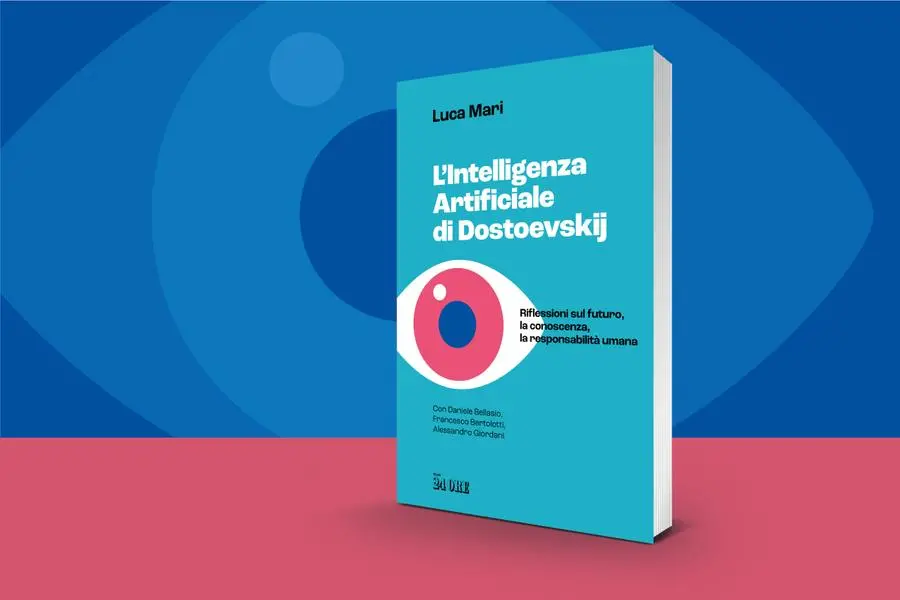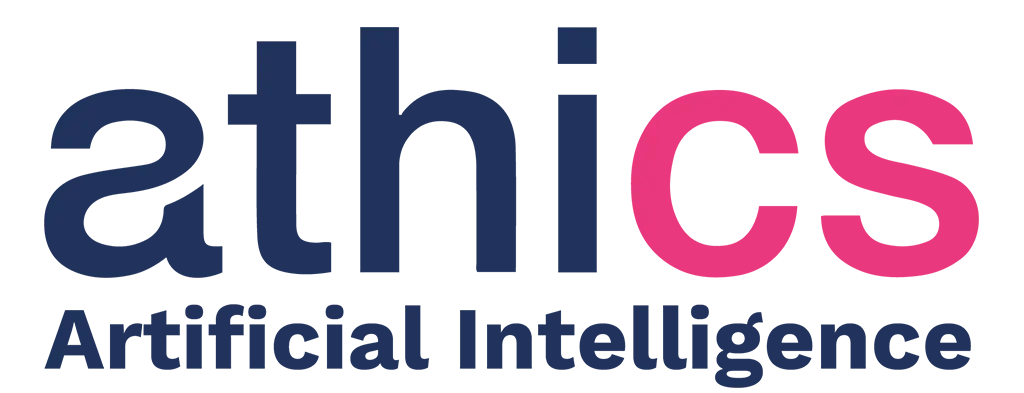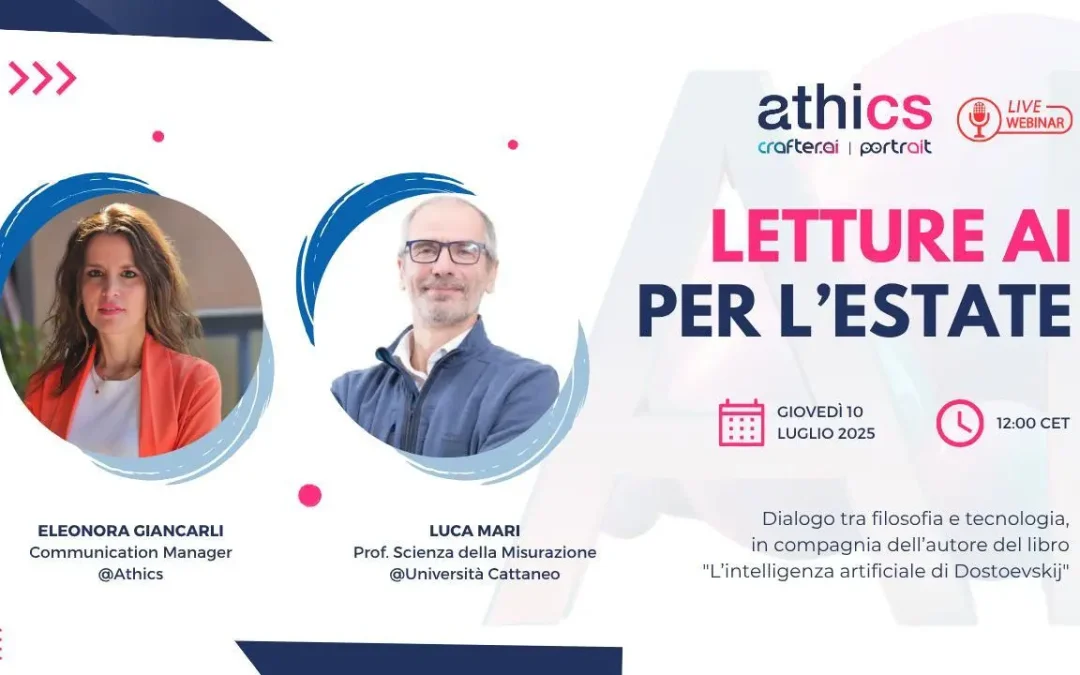The debate on ethics and artificial intelligence is more alive than ever. With the advancement of generative technologies, the proliferation of decision-making algorithms and the growing adoption of AI in critical sectors such as healthcare, finance and education, it is becoming essential to question not only what artificial intelligence can do, but also what it should do.
As highlighted in the Stanford University AI Index 2024 report, the rapid development of artificial intelligence raises important ethical questions related to transparency, responsibility and social impact. The European Committee on Artificial Intelligence (CAHAI) has also reiterated the urgency of ethical governance that puts human rights and human dignity at the centre.
But what does it really mean to be responsible in the use of AI? How can we cultivate critical thinking that can accompany technological transformation?
The relationship between ethics and artificial intelligence in the book: “Dostoevsky’s Artificial Intelligence”.

“Dostoevsky’s Artificial Intelligence”, the book by Prof. Luca Mari, Full Professor of Measurement Science at LIUC – Università Cattaneo, tries to answer questions about the relationship between ethics and artificial intelligence. The volume stands out for its original and reflective approach: it is not a technical manual, but a philosophical essay that intertwines Dostoevsky’s thought with the contemporary challenges posed by AI.
In the text, Prof. Mari addresses key concepts such as freedom, responsibility, decision and awareness, proposing a vision of artificial intelligence that is not limited to the technological dimension, but calls into question our humanity. The author suggests that living with AI implies a choice: to be guided by automatisms or to exercise individual awareness and responsibility. From this perspective, AI is not just a tool, but a “cultural fact”, capable of transforming our way of thinking, acting and living together.
A strong invitation not to forget that, as Dostoevsky wrote, “every man is responsible for everything before everyone”.
The Athics webinar: an opportunity to reflect together
Starting from the book “Dostoevsky’s Artificial Intelligence”, Athics organizes a new webinar “AI Readings for the Summer”:
📅 Thursday, July 10, at 14:30, live streaming on LinkedIn.
The event will have as a special guest Prof. Luca Mari, who will discuss the topics of ethics and artificial intelligence, exploring the relationship between technological innovation and human values. A precious opportunity for those who work in the world of technology, training or communication, and wish to develop a more critical and aware vision of the present.
Why joining?
- To understand the role of the human being in the age of intelligent machines
- To discover how literature can illuminate technological choices
- To reflect on the meaning of the word “responsibility” in the context of AI
Conclusions on ethics and artificial intelligence
Technological progress is never neutral. Talking about it with awareness, through the comparison between ethics and artificial intelligence, is essential to build a sustainable, human and shared future. The Athics webinar and the book by Prof. Luca Mari represent a concrete opportunity to start (or continue) this dialogue.

